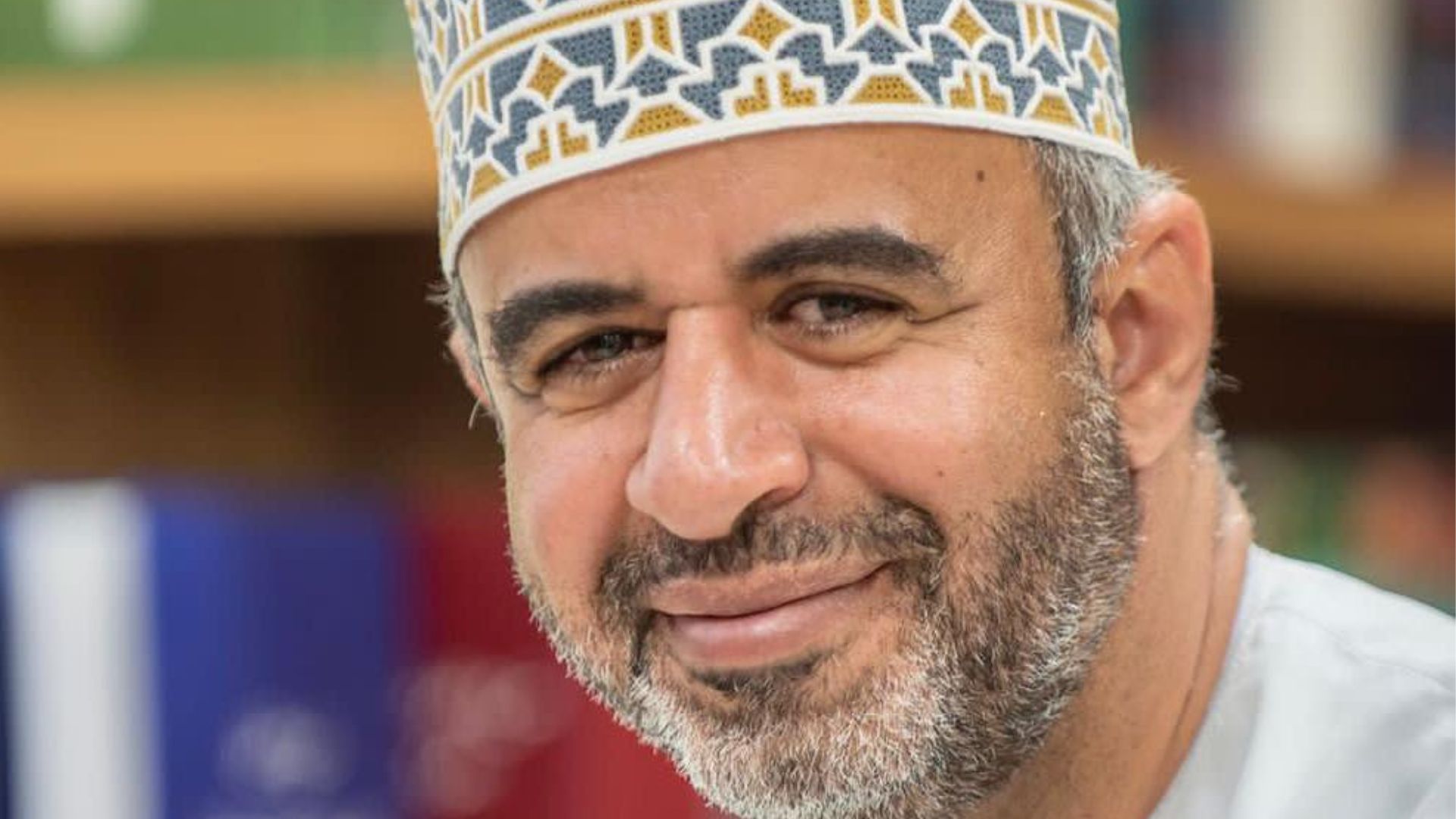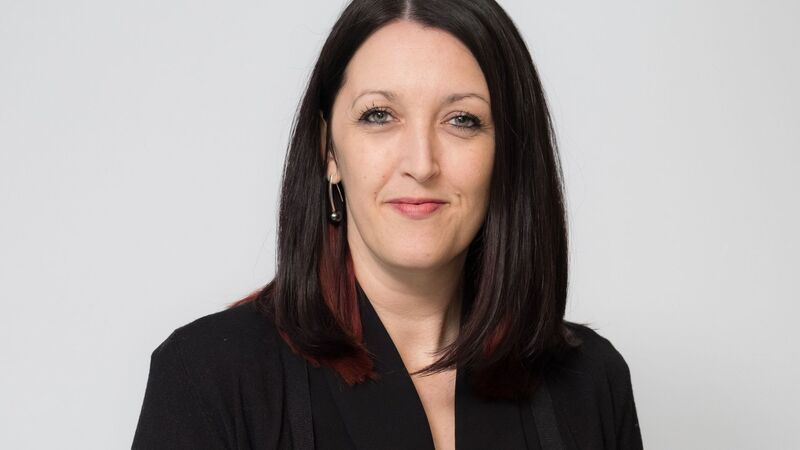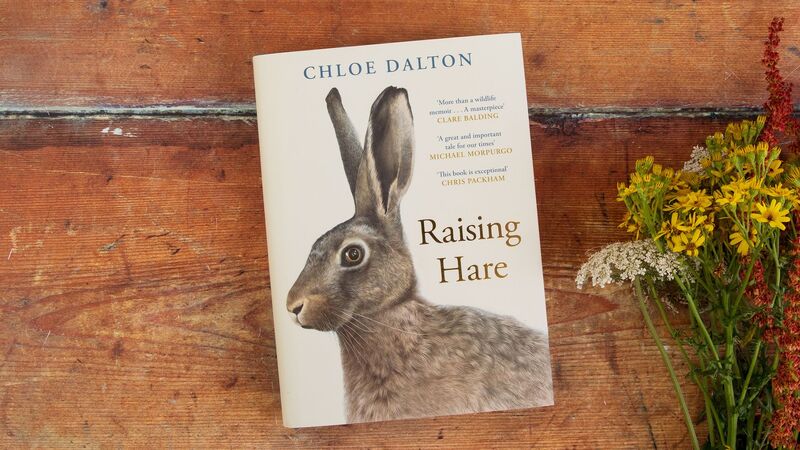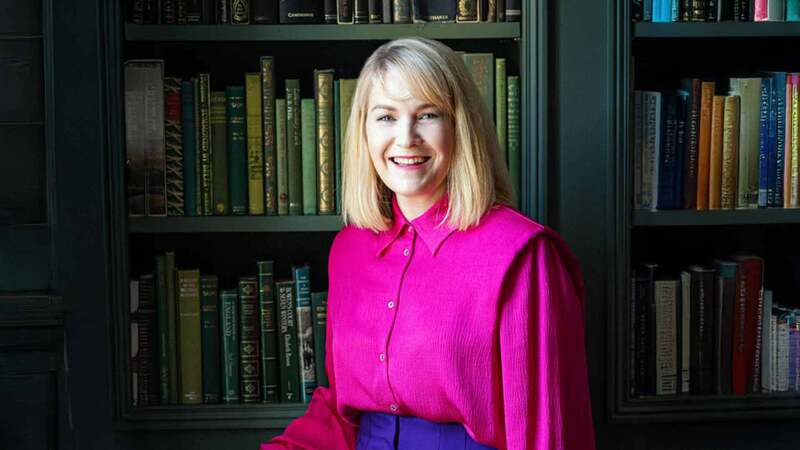You are viewing your 1 free article this month. Login to read more articles.
Six ‘dynamic’ books shortlisted for International Prize for Arabic Fiction
Six books by authors from as many countries have been shortlisted for the International Prize for Arabic Fiction.
Fatima Abdulhamid from Saudi Arabia is shortlisted for The Highest Part of the Horizon (Masciliana, UAE), alongside Algerian Al-Sadiq Haj Ahmed’s Drought (Dar Dwaya), Zahran Alqasmi’s The Exile of the Water Diviner (Oman/Rashm), Libyan author Najwa Binshatwan’s Concerto Qurina Eduardo (Takween, Iraq), Azher Jirjees’ The Stone of Happiness (Dar Al-Radidain, Lebanon) and Egyptian Miral al-Tahawy’s Days of the Shining Sun (Dar al-Ain).
Each of the six shortlisted authors receive $10,000 (£8,300), with the winner announced on Sunday 21st May 2023 in Abu Dhabi receiving an additional $50,000 (£41,500).
The shortlist was revealed in a virtual press conference by this year’s chair of judges, Moroccan writer and novelist Mohammed Achaari. He appeared alongside fellow judges – Egyptian academic and novelist Reem Bassiouney, Algerian novelist, researcher and journalist Fadhila El Farouk, Swedish university professor and translator Tetz Rooke, and Omani writer and academic Aziza al-Ta’I – as well as Yassin Adnan, an IPAF Trustee, and prize administrator Fleur Montanaro.
Two of the authors on the 2023 list have been shortlisted before: Najwa Binshatwan (in 2017 for The Slave Yards) and Miral al-Tahawy (in 2011 for Brooklyn Heights). Azher Jirjees was previously longlisted in 2020 for Sleeping in the Cherry Field. Fatima Abdulhamid, Al-Sadiq Haj Ahmed, and Zahran Alqasmi are recognised by the Prize for the first time.
Achaari said: “The scope of the 2023 shortlisted novels is vibrant and varied. The Stone of Happiness shines a light on how children and the weak bear the burden of society disintegrating after war and sectarian struggles.
“The Exile of the Water Diviner focuses on water and its symbolism in the collective memory. Days of the Shining Sun explores migration and upheaval, through people trapped between the hardships of their places of origin and the violence of their places of exile. Concerto Qurina Eduardo is an intimate portrait of human struggle in the face of injustice and political despotism, where the hell of the present seems only to signal a hellish future.
“The Highest Part of the Heavens charts the terrors of death, and of love, and their constant intersections. Finally, Drought transports us to the world of the Sahara between southern Algeria and northern Mali, where drought, famine and tribalism mirror the brutal and fragile nature of the desert. The judges feel that through this multiplicity of voices and idiom, with contrasting styles, structure and narrative forms, the broad sweep which these stories comprise offers a dynamic snapshot of the contemporary Arabic novel.”
Professor Yasir Suleiman, chair of the Board of Trustees, said: “The shortlisted novels excavate the themes of marginality, alienation and dispersal in Arab life from different vantage points, interweaving them with nostalgia for the past in some cases, and the brutality of a failed political and social order in others. Exhibiting the ethnic richness and cultural diversity of Arab social life, the novels unfold in equally varied settings that amplify this range. The emergence of new voices and a strong gender mix are striking features of this list.”



















